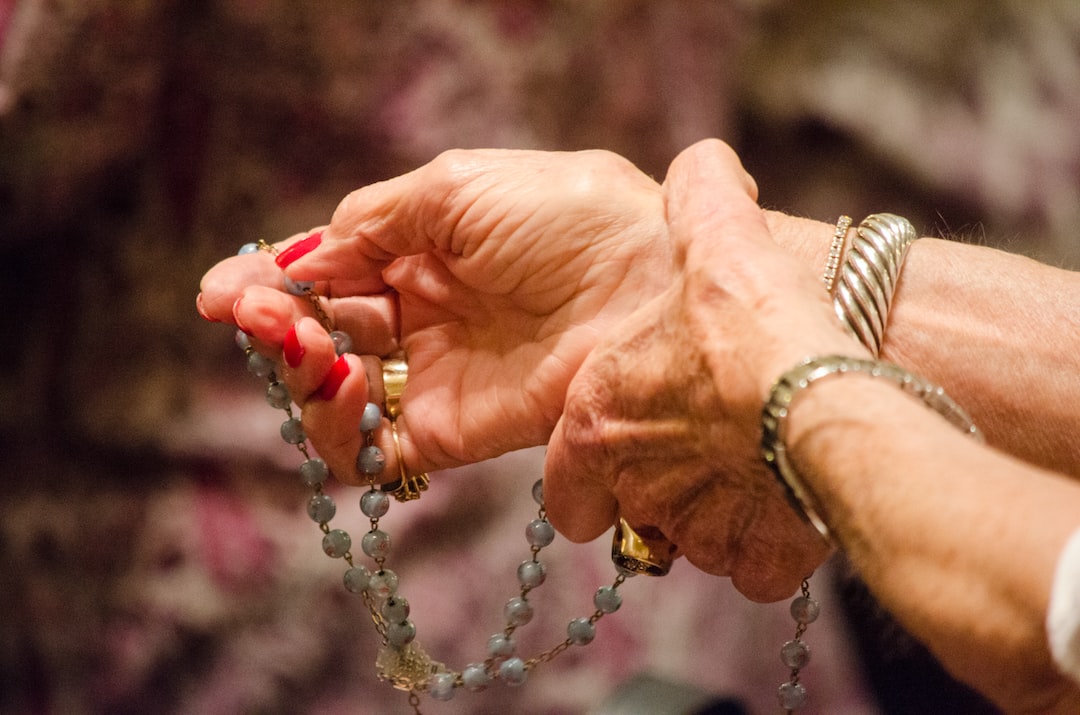The Influence of Religion on Moral Values and Ethical Decision-Making
Religion has been a fundamental aspect of human existence since ancient times. It has not only provided spiritual guidance but has also played a significant role in shaping individuals’ moral values and ethical decision-making. Throughout history, various religious beliefs and practices have influenced societies and helped establish moral standards. In this blog post, we will explore the influence of religion on moral values and ethical decision-making and shed light on its profound impact on our lives.
Firstly, religion often provides a set of moral guidelines that guide believers in their day-to-day interactions. Different religious traditions have their own teachings on what is morally right or wrong. For example, the Ten Commandments in Christianity and the Five Pillars of Islam provide clear ethical principles that followers are expected to abide by. Such moral guidelines instill a sense of accountability and responsibility, promoting good behavior and discouraging immoral actions. By adhering to these religious teachings, individuals often develop a strong moral compass that directs their intentions and actions.
Moreover, religion frequently emphasizes the importance of virtues and character development. Virtues like honesty, compassion, humility, and forgiveness are often seen as desirable traits in many religious traditions. Religious teachings and narratives often highlight examples of virtuous individuals and guide believers on how to manifest these virtues in their own lives. By instilling such virtues, religion promotes ethical decision-making by encouraging individuals to consider the well-being of others and act with integrity. This emphasis on virtuous behavior helps shape individuals’ moral values and plays a crucial role in their ethical decision-making processes.
In addition, religion often promotes a sense of community and collective responsibility. Many religious traditions emphasize the importance of caring for others, especially those in need. This emphasis on community engagement encourages individuals to make ethical decisions that benefit not only themselves but also the wider society. For example, religious institutions often engage in charitable activities and encourage believers to contribute to the betterment of their communities. This sense of collective responsibility fosters empathy and compassion, influencing individuals to make decisions that consider the welfare of others and contribute positively to society.
However, while religion can have a positive influence on moral values and ethical decision-making, it can also have negative effects. Religious extremism and fanaticism, for instance, can lead individuals to justify immoral actions in the pursuit of their religious ideologies. This can result in discrimination, violence, and even terrorism. It is essential to recognize that the influence of religion on moral values and ethical decision-making is not universal and depends on various factors such as interpretations, cultural contexts, and individual biases.
Moreover, with the decline in religious affiliation in some societies, secular ethics has gained prominence. Secular ethics emphasizes the importance of moral values and ethical decision-making without being affiliated with any particular religious belief. Many argue that moral values can exist independently of religious teachings, and individuals can develop a strong moral foundation based on reason, empathy, and humanistic principles. While religion has historically played a significant role in shaping moral values and ethical decision-making, alternative ethical frameworks are emerging that promote moral reasoning and humanistic values.
In conclusion, the influence of religion on moral values and ethical decision-making cannot be denied. It provides moral guidelines, promotes virtues, and emphasizes collective responsibility, all of which contribute to individuals’ ethical decision-making processes. However, it is crucial to recognize the diversity of religious beliefs and interpretations, as well as the potential negative effects of religious extremism. As society evolves, alternative ethical frameworks are emerging to shape moral values and guide ethical decision-making. Ultimately, the quest for morality and ethical behavior lies at the intersection of religion, secular ethics, and personal introspection.

